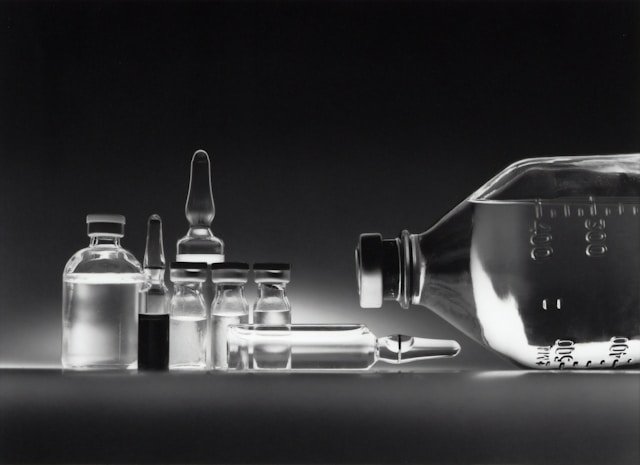Skills in Demand for Pharma Jobs: Key Competencies
- Technical Skills
- Soft Skills
- Continuous Learning and Adaptation
- Showcasing Your Skills
- Networking and Professional Associations
In the competitive landscape of the pharmaceutical industry, employers seek candidates with a blend of technical expertise and soft skills that align with the dynamic needs of the sector. Here’s an exploration of the specific skills and competencies in demand for pharmaceutical jobs, along with strategies for enhancing your qualifications:
Technical Skills:
- Laboratory Techniques: Proficiency in techniques such as chromatography, spectrophotometry, PCR, and cell culture is essential for roles in pharmaceutical research and development (R&D).
- Regulatory Knowledge: Understanding of regulatory requirements (e.g., FDA, EMA) and experience with regulatory submissions is critical for positions in regulatory affairs and compliance.
- Data Analysis: Proficiency in statistical software (e.g., SAS, R, Python) and data visualization tools for analyzing clinical trial data, conducting pharmacovigilance, and supporting decision-making.
- Quality Control: Experience in quality assurance (QA) processes, including GMP (Good Manufacturing Practices) and GLP (Good Laboratory Practices), to ensure product quality and compliance.
- Drug Development: Knowledge of drug discovery and development processes, including preclinical studies, clinical trials, and formulation development.
Soft Skills:
- Communication: Effective communication skills, both written and verbal, are crucial for presenting research findings, writing technical reports, and collaborating with cross-functional teams.
- Problem-Solving: Ability to analyze complex issues, propose solutions, and make decisions in a fast-paced environment is highly valued in pharmaceutical roles.
- Teamwork: Collaboration skills to work effectively within multidisciplinary teams, including scientists, regulatory experts, clinicians, and marketers.
- Adaptability: Flexibility to adapt to changing priorities, regulations, and technologies within the pharmaceutical industry.
Continuous Learning and Adaptation:
- Professional Development: Stay updated with advancements in pharmaceutical technology, regulations, and industry trends through seminars, workshops, and online courses.
- Certifications and Training: Pursue certifications relevant to your desired role, such as GCP for clinical research, Six Sigma for process improvement, or certifications in regulatory affairs.
Showcasing Your Skills:
- Resume Optimization: Tailor your resume to highlight relevant skills and experiences based on the specific job description. Use action verbs and quantify achievements where possible.
- Interview Preparation: Prepare for interviews by researching the company, understanding its products and pipeline, and practicing responses to behavioral and technical questions.
Networking and Professional Associations:
- Industry Networking: Attend conferences, seminars, and networking events to connect with professionals in the pharmaceutical industry. Join relevant LinkedIn groups and participate in discussions.
Conclusion:
Employers in the pharmaceutical industry value candidates who possess a combination of technical expertise and essential soft skills. By continuously developing your skills, staying informed about industry trends, and effectively showcasing your qualifications, you can enhance your competitiveness and pursue rewarding opportunities in pharmaceuticals.









